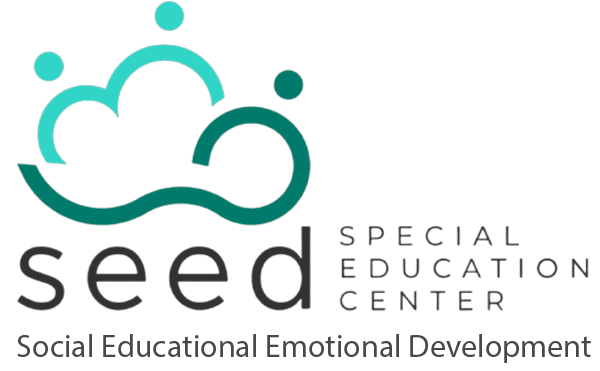We focus on children and adolescents who are / with:
Does your child have exceptionally high:
intellectual ability? academic ability? creative ability? ability in visual or performing arts? leadership skills?
Gifted and talented (G&T) children exhibit a natural ability to learn and perform at much higher levels as compared to peers of the same age. This ability could either be in academics or in other creative domains. They may have exceptionally high abilities in intellectual, academic, creative, performing arts, and leadership areas. Gifted and talented children may also have difficulties in social-emotional-executive functioning skills which requires specialized support.
SEED offers gifted and talented testing and guidance to parents and teachers on strategies to nurture giftedness and talentedness.
Does your child have the following difficulties in:
learning self-care activities like brushing teeth, toileting, bathing, dressing, and grooming? learning to read, write, and count? talking and communicating? using money? understanding time? being socially responsible? learning? social behaviour?
Children with an intellectual disability (ID) have difficulties in both learning and in adaptive behaviour. It affects either one or more of the different life skills like cognition, communication, socialization, and functional living skills for which they require appropriate support and intervention.
SEED offers psychoeducational assessment and special education services for these children through school-based support and/or home-based parent training programs.
Communication is the ability to receive, send, process, and comprehend information. It is a two-way process and can be verbal or nonverbal. When someone is not able to convey information or understand what others are conveying, through any of the communication methods, then it is known as a communication disorder. Speech disorders could be related to articulation, fluency or voice. A language disorder is basically impaired comprehension where the child is unable to understand or attach meaning to spoken/written language or symbol systems. Language disorders may involve phonology, morphology, syntax, semantics or pragmatics in any combination.
All infants and toddlers smile, coo, babble, crawl, sit, stand and walk at more or less the same time. These markers are called developmental milestones, and typically infants and toddlers are expected to achieve these milestones as per the Normal Development Milestone Charts. For example, smiling by 2 months of age; sitting by 6 months; walking by 12 months, and so on. When there is a delay in achieving these developmental milestones, they are known as having a developmental delay. Early stimulation, early intervention, and early childhood special education and related services can prove very effective in overcoming these developmental lags and boosting development across domains.
Does your child have extreme difficulties in:
controlling emotions? behaving appropriately? maintaining satisfactory relationship with others? adjusting with the school or home environment?
Emotional-behaviour disorders (EBD) include conditions like anxiety disorders, depression, post-traumatic stress disorder, obsessive-compulsive disorder, oppositional defiant disorder, bipolar disorders, eating disorders, and conduct disorder. These disorders have an adverse effect not only on their psychological and social well-being but also their academic performance.
SEED provides assessment of emotional and behaviour disorders, and behavioural interventions.
Does your child have difficulty in:
reading? spelling? writing? arithmetic? passing exams?
Children who find learning reading, writing, or math extremely challenging despite having average or high intellectual functioning may have a condition called specific learning disorder (SLD). It affects their ability to learn languages and school subjects too. Children with this condition require remedial interventions along with subject-content enhancements and tutoring.
